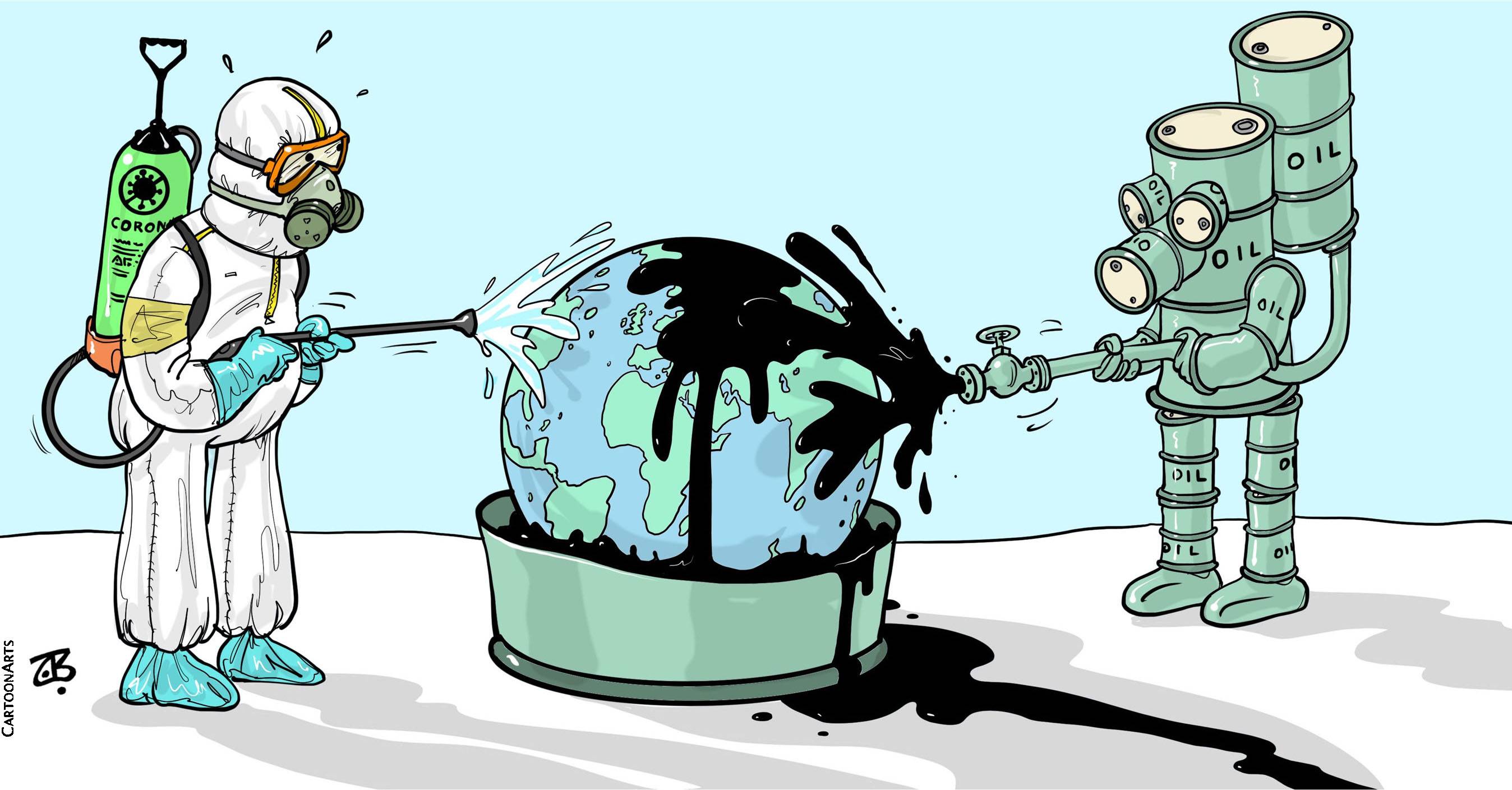For most of the oil industry’s earlier history its overarching problem was not shortage but too many producers and too much oil. Could it now be heading back into just that situation? And are the days of oil shocks of the last century, which did so much damage to the Japanese economy — indeed to the world economy — at last over?
From World War II up to the 1970s it was left to the giant oil majors, dominated by the Americans, to stabilize the price of a barrel of oil, keeping it not too low to damage their profits or to deter new investment, but not too high to impinge on the access of every American to a reasonably cheap and reliable supply of fuel — roughly in the $3 a barrel range (now about $22).
They did this by ruthless cartel operations, some just acceptable and some, at least by today’s standards, distinctly dodgy. Any oil-producing nation round the world unwise enough to try undercutting world "market" prices, as decided by the oil cartel — the so-called Seven Sisters — found themselves simply blocked out of the global system of handling, refining, distribution and marketing which the majors controlled.


















With your current subscription plan you can comment on stories. However, before writing your first comment, please create a display name in the Profile section of your subscriber account page.